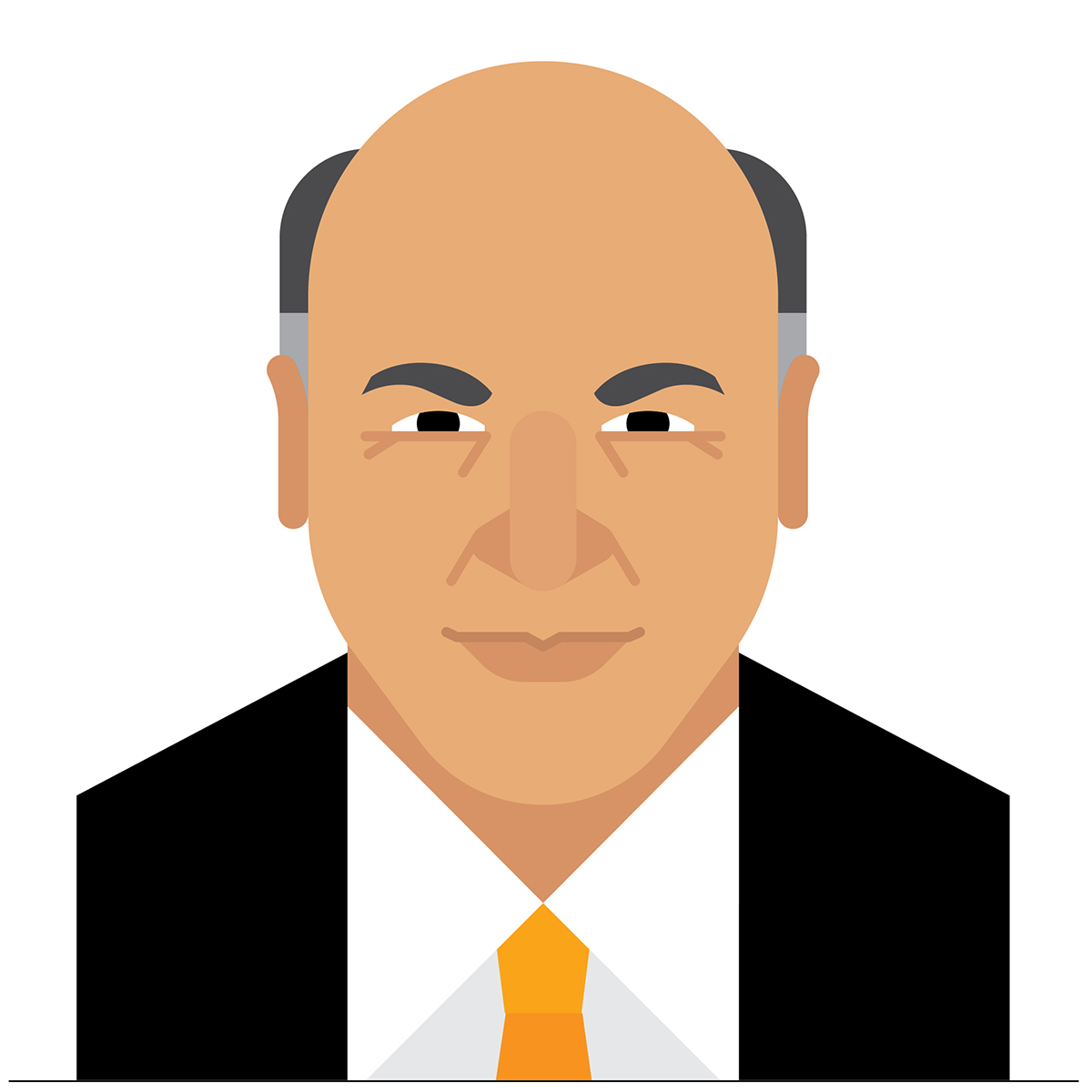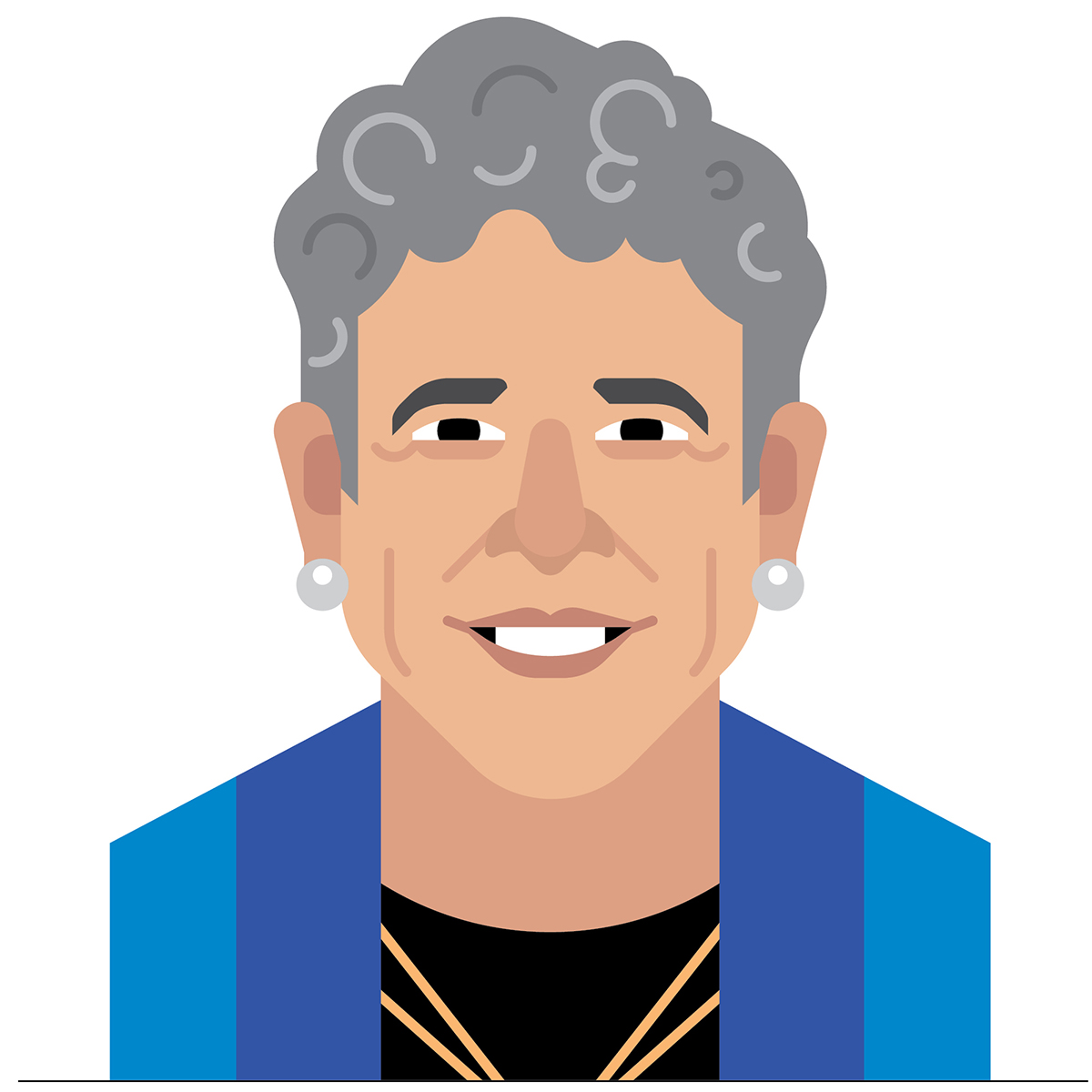Money Management 101 from Four Boston Experts

Illustrations by Always with Honor
1. Rethink Your Portfolio
Raj Sharma, head of the Sharma Group and managing director of Merrill Lynch’s private banking and investment group
“What has worked for the past 30 years isn’t going to work for the next 30. We see the end of the big bond bull market. Interest rates have been going down for about 35 years. We think inflation is coming back and rates are going to rise steadily. Everybody used to say have a 60/40 portfolio—60 percent stocks and 40 percent bonds. People have to rethink that paradigm. We’re advising clients to adopt a laddered short- to medium-duration bond portfolio—as opposed to investing in long-term bonds—which ensures that investors protect their capital and take advantage of higher rates in the future.”

2. Cut the Kids Off and Be Conservative
Kevin O’Leary, celebrity investor and star of Shark Tank
“My mother had a saying: ‘The dead bird under the nest is the one who didn’t learn how to fly.’ I thought it was great, but it hurt when she didn’t give me a check after college. I’ve told my kids it’s going to be the same for them. Other than that, I don’t care if you have $50,000 or $500,000—you’re trying to figure out what to invest in. For me, ETFs [exchange-traded funds] are far preferable to mutual funds. I use OUSA; it’s an index made by FTSE Russell. Each stock is never more than 5 percent; each sector is never more than 20 percent. That’s conservative investing, and that’s what my kids now buy.”

3. Be Responsible, Financially and Socially
Elyse Cherry, CEO of Boston Community Capital
“Investors don’t have to choose between making money and making the world better. Ask your financial planner about socially responsible index funds, which favor stocks that meet social, human rights, and environmental criteria, or look into how you can invest with a community-development financial institution that supports local businesses and neighborhood initiatives. Evidence shows that socially responsible investments perform just as well as purely profit-driven ones, and sometimes outperform them. Today’s smart money is on investing in people and the planet.”

4. Plan Ahead, and Plan for the Worst
Robert Pozen, senior lecturer at the MIT Sloan School of Management
“The basics are so clear. Figure out what your cash flow is—that will be affected by mortgage, food budget, transportation, insurance, and school tuition. For a family making $200,000 in Boston, there’s not going to be a hell of a lot left after those expenses. If you’re in a company that matches your 401(k), you’re silly not to take advantage of that, and if you have kids that are going to go to college, you should be in a 529 program. Lastly, buy term-life insurance. A lot of people buy whole-life insurance, and that’s a bad decision. Buying term-life for 20 years is very cheap and great protection.”


